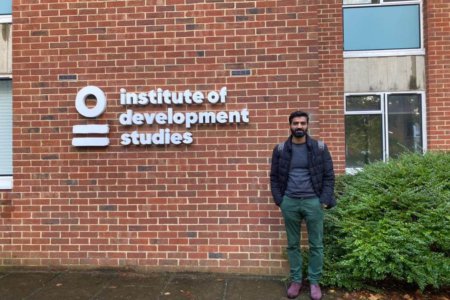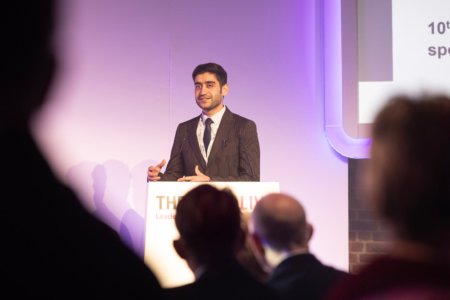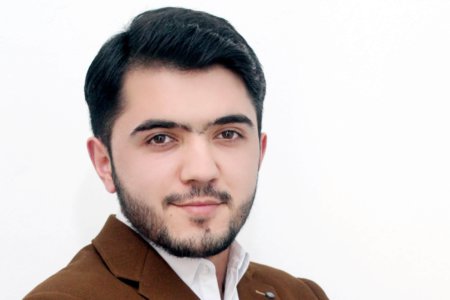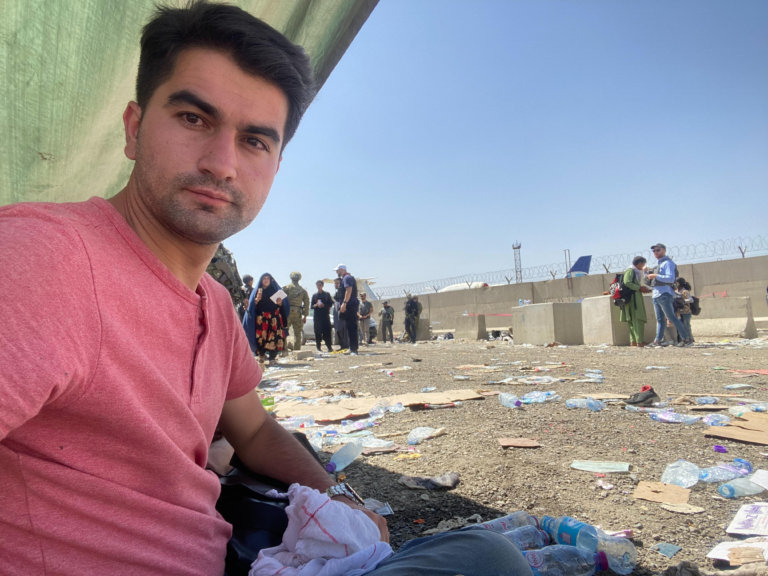
Khalid Amiri’s life has been nothing short of an emotional rollercoaster, with 2021 serving as the most testing and life-changing period of his life.
In less than six months of escaping war-torn Afghanistan, Amiri would go on to win a full scholarship from the University of Melbourne, enabling him to fulfil his pursuit of a world-class education.
The journey towards getting the scholarship was not easy, however. The Pashtun was forced to evacuate his beloved country after it had fallen into the hands of the Taliban on Aug. 15, 2021, which Amiri remarked as the “darkest day of his life”. He had just 24 hours to pack his belongings and head to the airport.
“The situation outside Kabul Airport was very chaotic and miserable. It was as if the whole of Afghanistan had come to the airport gate,” said Amiri.
The chaos that engulfed Kabul Airport included aerial firings and people climbing over each other. The situation was so overwhelming that Amiri would never forget the moment when his mother fainted twice, or how his sister started crying after being hit by aerial firing, which Amiri desperately tried to remediate.
“After a lot of effort, I managed to reach the soldiers of the coalition forces. There were complications with my visa as it was provided in paper form, which they did not accept,” he said.
Thinking on his feet, Amiri got in touch with Australian Minister for Government Services Linda Reynolds, who personally spoke to the soldiers in Afghanistan to greenlight his entry into Australia, as well as some of his family members. They were eventually approved to board the plane, which they did after half their bodies were submerged in drainage water.
While on the plane, Amiri recalled how his voice started choking and how he had tears forming in his eyes. It was the looming thought that it could be the last time he would see Afghanistan. The possibility of returning remained an uncertainty.
Leaving behind a brother and a sister, as well as an established career as a journalist for Afghanistan’s state broadcasting network, Radio Television Afghanistan, Amiri embarked on a new journey in the Land of the Down Under. We caught up with him to see how he’s fared thus far.

Khalid Amiri’s involvement in politics and experience in journalism would eventually win him a scholarship to study a Master’s in International Relations at the prestigious University of Melbourne. Source: Khalid Amiri
How did your interest in politics come about?
I believe that every individual should participate equally in politics. If you keep quiet about what’s happening to your surroundings — it means that you are equal partner to that crime. So, I believe that politics is just as important as oxygen.
If you choose to stay away from politics, then either today or tomorrow, you could fall victim to bad governance. I believe somebody has to speak up. For their country, for their people. For me, I leveraged on the use of social media platforms as my main tool.
I used to criticise my leaders on Twitter and Facebook, which made me popular among Afghans. I used to conduct panels and discussions, and I was invited to Pakistan a couple of times to talk about Pakistan and Afghanistan relations.
So, I believe political enthusiasm plays a huge role in my interest in politics. Political participation is in my genes, and I’m transferring it to my younger sisters, where I talk and discuss politics with them.
I remember once in Standard 8 in school, I was asked, “What do you want to be in the future?” to which I responded with wanting to be a politician. The journalist who asked me this then asked me, “Why don’t you want to be a doctor?” In Asian societies, an Asian has to be a doctor, dentist or engineer. That’s the main priority.
I told them that if I became a politician, I can create an environment that would produce thousands of doctors. If I became a doctor, I would be confined to my clinic. Without undermining the role of a doctor, what politics has to play is a greater role. And for politicians, you’re not only thinking for yourself but for future generations.
Could you walk us through your journey of applying to the University of Melbourne?
During an evening walk with my mother, we had passed by the University of Melbourne campus and I told my mother that I wanted to study there. Initially, I thought for us as refugees, it would be impossible to enrol due to the high fee structure and because they were state universities. My background as a non-English speaker could prove to be a challenge too. So, that was a walk of hope and a walk of hopelessness. But in the end, I thought, why not try?
Upon arriving back home, I began my application process to the University of Melbourne. After sending many emails, academic documents and passing multiple stages of interviews, I was granted admission. I was confused, I didn’t know how I would be able to fund my studies.
The faculty members at the University of Melbourne were generous enough that they considered funding my studies based on humanitarian grounds. The interview panel conducted a session with me, and asked for my admission letter. The next morning, I had been granted a full-fee waiver to which I was elated and overwhelmed with emotions.
I ran downstairs and told them about the splendid news. They had tears in their eyes and it was a very emotional scene, seeing that their son was qualified to enter a world-class university.
The scholarship I received is called the Jack and Brand Scholarship, which entitled me to a full tuition waiver and a yearly living allowance amounting to 10,000 Australian dollars.
What do you like most about your course so far?
I am currently pursuing a Master’s in International Relations at the University of Melbourne. This course gives me a picture about global politics, and whatever is happening across the globe.
I get the picture of overall policymaking. The discussions and relationships I form with my fellow coursemates and lecturers are equally fruitful.
Do you have any specific memorable classes?
Yes, that would be International Governance and Law. I give a lot of input in classroom discussions pertaining to the discussions of human rights, especially on the Afghanistan cases.
Being from that land, I felt I had the right to contribute to the reality of the situation in Afghanistan based on first-hand experience. My experience of being a journalist helped me to explain them too.

Khalid Amiri settled in Melbourne, Australia upon fleeing Afghanistan. Source: William West/AFP
Could you elaborate more about your role as a journalist back in Afghanistan?
I used to conduct special interviews, particularly with ambassadors in Afghanistan. All of these interviews would take place in English and we would translate them into our local language.
Moreover, I used to work as a news presenter, creating digital content for our digital media section. I used to garner over a million views on Facebook from working on a special explainer content which would be between two to three minutes, and involved me presenting a particular topic. They are still available on the state broadcasting page.
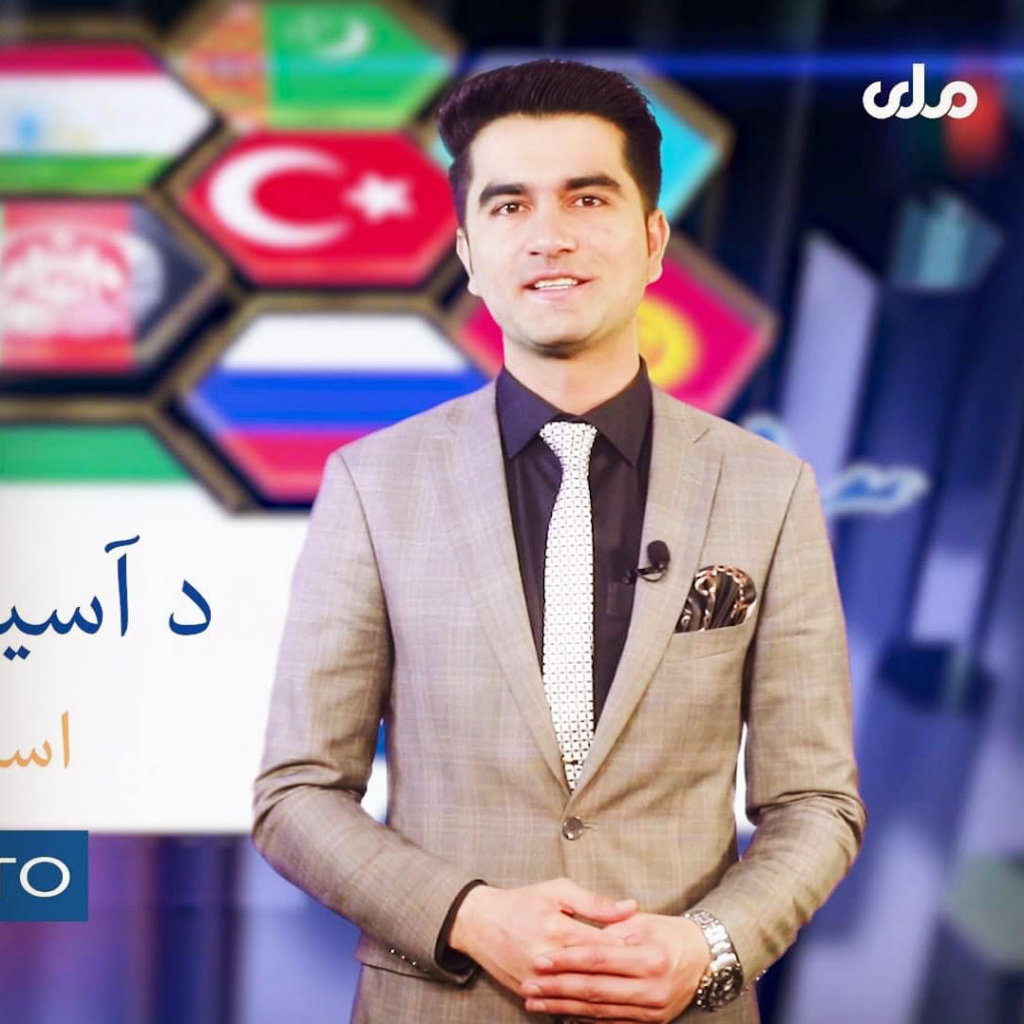
Khalid Amiri was popular among Afghans. He was a renowned journalist on the state broadcasting network, Radio-Television Afghanistan where he discussed various issues affecting his nation. Source: Khalid Amiri
Have you continued with your journalism pursuits in Australia?
I have been invited to many panel discussions by the Australian Broadcasting Corporation (ABC). I have been on the ABC Drum Show and Sky News, whenever they discuss anything related to Afghanistan, so they make sure that they have me as a speaker.
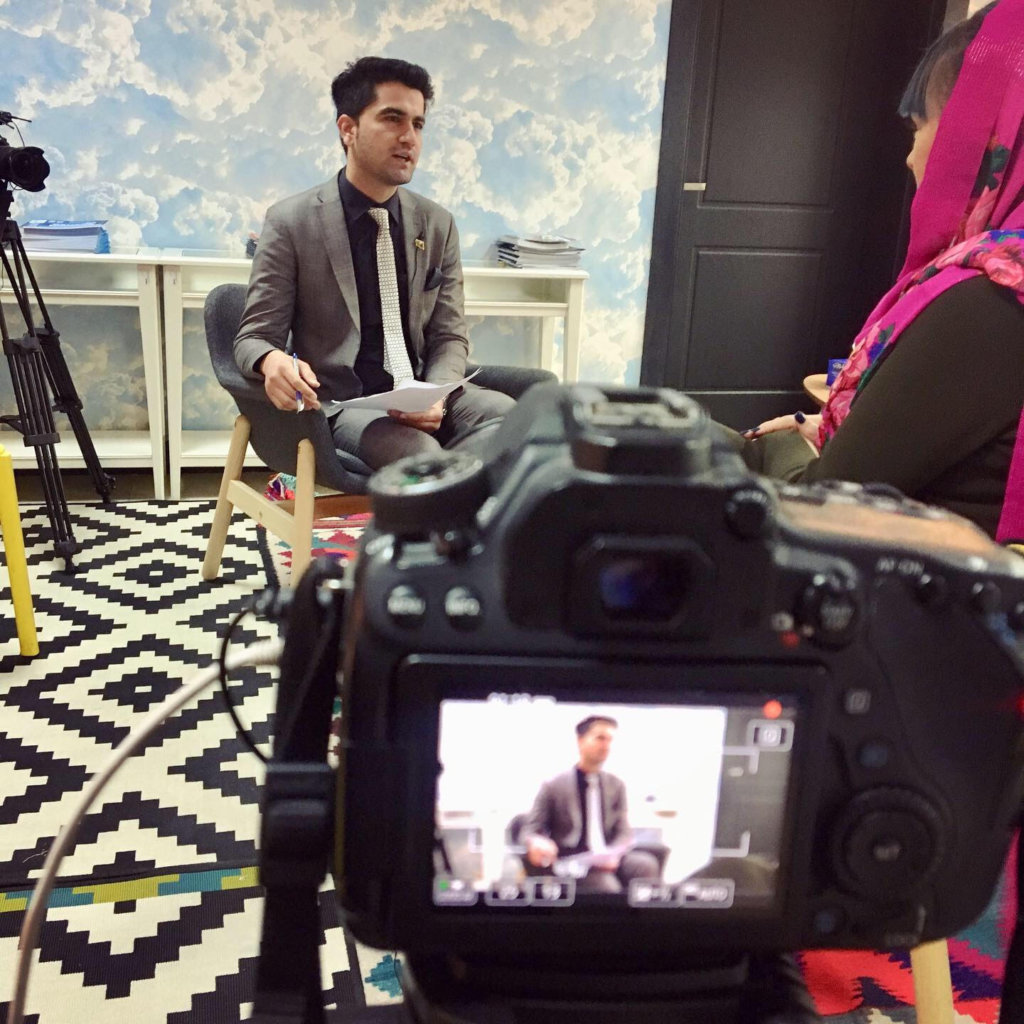
Khalid Amiri’s insights into the ongoing conflict in Afghanistan has made him a popular pick by the Australian Broadcasting Corporation (ABC) to discuss issues pertaining to Afghanistan. Source: Khalid Amiri
Tell us about your experience in Australia so far.
The environment here is very conducive and flexible. I have not experienced any form of Islamophobia or racism towards refugees, which are plus points for me.
I would definitely recommend it to any youngster who wants to study abroad and come to Australia.
What are a few things you miss from home and how do you substitute it?
My job, my flag and my family and friends. It takes a lot of time to establish connections. Having to leave them all of a sudden and settle in another corner of the world was challenging.
It is matchless, settling in Afghanistan — you own every corner of your land. When you shift to another country, you have to be accustomed to their laws, culture and political systems. It takes a lot of time. There’s a big vacuum for me, and I need to learn more.
Also, when the Taliban took over Afghanistan, they took down the Afghanistan flag. That was very heartbreaking to have our flag replaced.
What advice do you have for international students who may be in a relatable situation to you?
I would tell them to not ‘give up on their dreams. One or two rejections doesn’t mean that you are not good enough.
There is no age limit for education. The world is yours. It’s education that can make you whatever you want to be. I believe a degree comes first, followed by jobs and then other career endeavours.
When you have the passion, and apply to university despite receiving a rejection letter, don’t take it too seriously. Go ahead, continue applying and eventually, you can get admission into your dream school or course. I believe that if you chase your dreams, eventually, success will start chasing you.








